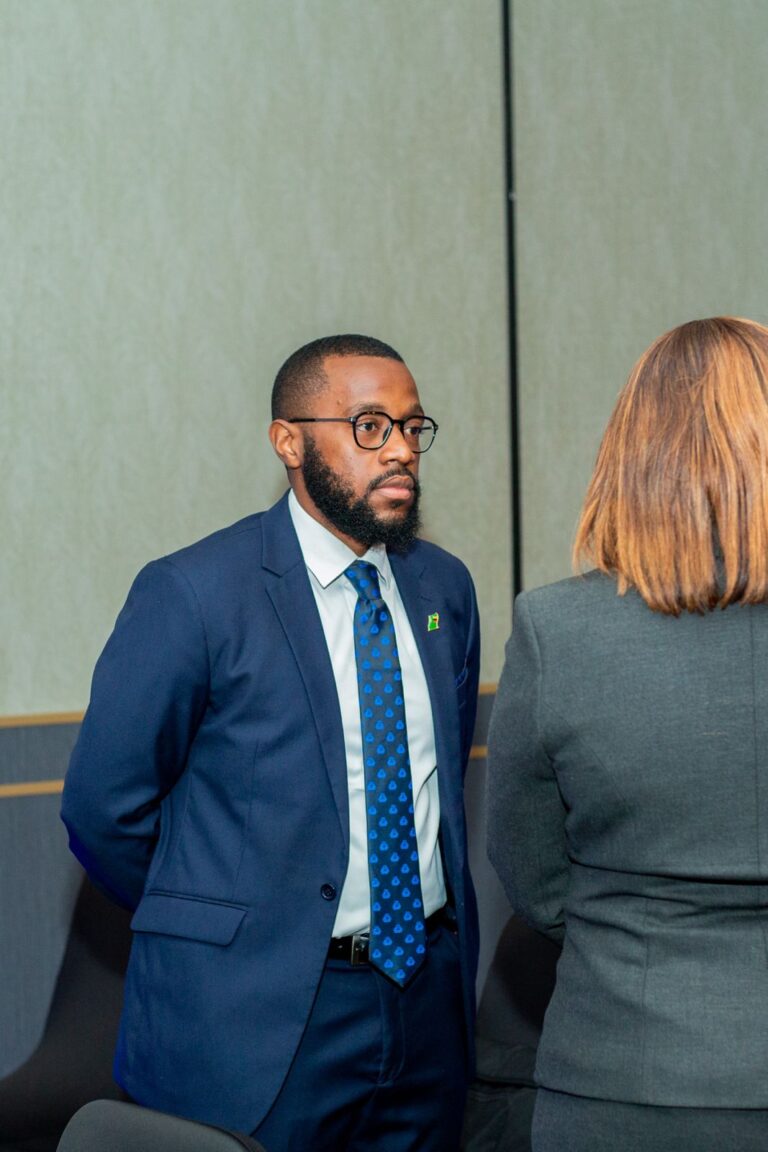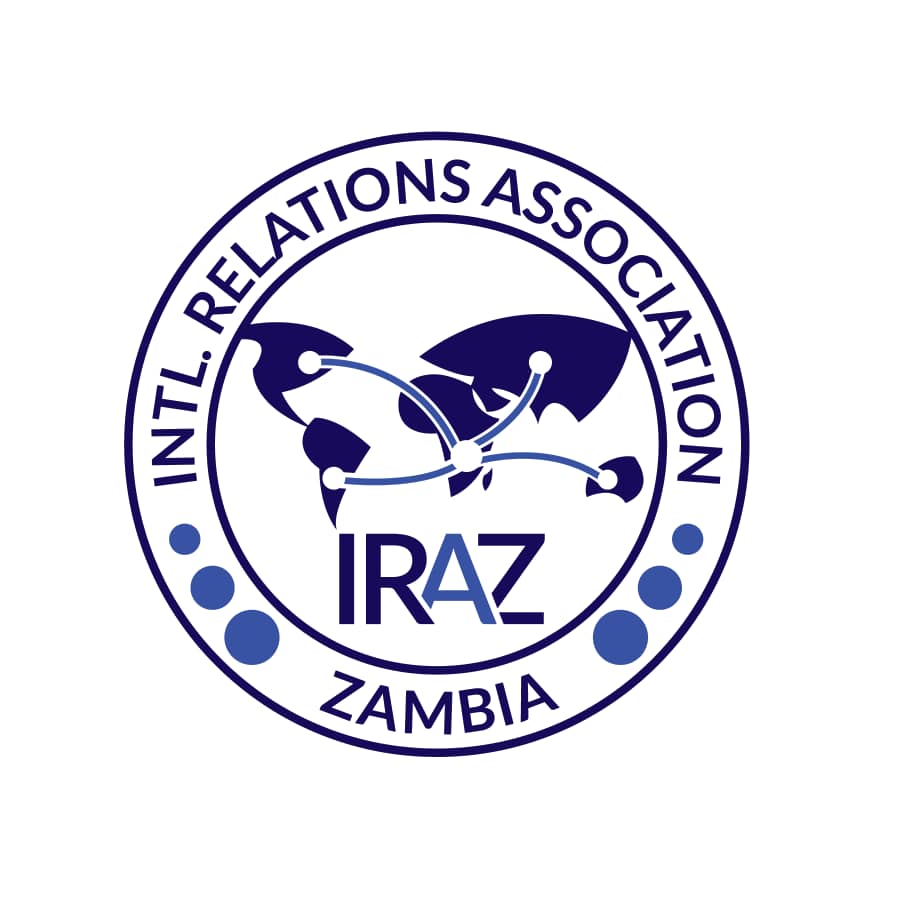ZAMBIA THEN AND NOW: RECLAIMING OUR LEGACY
By Mwaka Daniel Chikoye

The Call of African Freedom Day
Africa Day, celebrated recently on May 25th, commemorates the birth of the Organization of African Unity (OAU) in 1963. It is a symbolic day of resilience, shared purpose, and commitment to the aspirations of African people. As a patriotic Zambian, I took time to reflect on our past glories, specifically in the southern African region, our current position, and our future responsibilities as a nation.
The Zambia That Was: A Hub of Liberation and African Unity
Zambia’s role during the Southern African liberation struggle was nothing short of legendary. Fresh from her independence in 1964, Zambia, under President Dr. Kenneth Kaunda, became the launchpad for freedom fighters from across the region. Its capital city, Lusaka, housed ANC offices, offered diplomatic asylum to SWAPO, supported Zimbabwean nationalists, and gave sanctuary to Mozambique’s FRELIMO. “Zambia paid a high price for the liberation of others. But freedom has no price too high,” Dr. Kaunda once said during a time when Zambia endured different forms of sabotage, attacks, and isolation, all for the dream of a free Africa. We sacrificed our safety, economy, and even lives for a greater cause: the emancipation of a continent. Indeed, embodying the true essence of being a brother’s keeper.
Today, in 2025, Zambia is known for its peaceful elections, political stability, and as an all-around hospitable country. But our moral authority has not translated into strategic regional leadership. Sister countries, such as South Africa, Namibia, and Botswana, now shape the Southern African agenda. Economically, our copper-dependent model has not diversified enough to transform us into the regional powerhouse I believe we ought to be. Zambia remains trapped in a lower-income economy trap, with a per capita income of approximately $1,300 and economic growth that continues to fluctuate, although it is projected to grow by 4.5% in 2025, which is still quite insufficient to meet our development goals. Inflation remains high at roughly 12%, reducing household purchasing power and, if not controlled, could have an impact on investor confidence. Although we produce over 700,000 metric tons of copper annually, we fall short of reaching our projected full mineral production potential, and the sector continues to suffer from policy inconsistencies and infrastructure constraints. Additionally, a sneak peek into our agriculture sector, with over 45% of our land classified as arable, yet only roughly 15% of it is fully utilized, and of that percentage, a small fraction is irrigated. Again, a sector with massive potential, yet statistically, we are far from achieving agricultural self-sufficiency or dominance.
Now, a look into our most crucial export, the underutilization of our human capital, particularly the youth, who make up over 60% of Zambia’s working-age population. A small example of the possible empowerment and utilization is the idea to reemphasize the importance of the Zambian National Service. A commendable recent initiative by the Zambia National Service (ZNS) to launch a Voluntary National Service Training Program, aiming to equip over 1,000 young volunteers with practical skills in carpentry, plumbing, mechanics, and agriculture. However, I believe that to truly harness our demographic dividend, ZNS must evolve to include digital and technical training to run alongside the existing training model. By incorporating modules in digital literacy, data entry, and basic introduction to artificial intelligence, while further incorporating the services of government institutions like the Technical Education, Vocational and Entrepreneurship Training Authority (TEVETA) to help facilitate the digital training. This also aligns with the goals of Zambia’s National Digital Transformation Strategy, which prioritizes building a digitally skilled population.
This transformation would not only make the ZNS program more attractive to participants but also provide a gateway to employment and, most importantly, national contribution. Graduates could directly support government digitalization initiatives, such as public sector data entry management, e-governance systems, and rural connectivity projects. The youth can be empowered to lead this transition if given the right tools. Zambia, a nation so richly endowed in people and potential, must move beyond this underutilization. As
Prof. Patrick Lumumba reminds us, “Africa is not poor; it is poorly managed.”
Zambia’s Strategic Opportunity: The Time is Now
The year 2025 and onwards presents a unique opportunity. Climate change, global supply chain disruptions, and growing youth unemployment across Southern Africa demand regional solutions.
Zambia is geologically blessed and strategically land-linked and can be the driver of a new wave of panAfrican cooperation. We can become the food basket of Southern Africa. With more investment in sustainable agriculture, irrigation infrastructure, and green energy, Zambia can lead the SADC Green Energy Pact. Such a framework could transform regional food security, enabling member states to withstand a climate shock similar to that which Zambia recently experienced. As our land becomes drier, innovation in hydroponics, vertical farming, and solar-powered cold chains can be championed regionally, starting here (in Zambia).
There is another liberation on the horizon, this time it is the liberation of Southern Africa from the shackles of poverty and economic dependence. Southern Africa, rich in natural resources, fertile land, and a dynamic youth population, remains home to some of the world’s poorest communities. The liberation we now need is not merely physical or political, it is mental liberation. A shift in mindset. In Zambia and beyond, we need to move from competition to complementarity. Zimbabwe is not our enemy. It is our ally. We are family bound by the historical thread of Rhodesia. Although our paths have diverged, the journey to regional success must be walked together. Our common heritage should guide us into cooperation, not rivalry. But to in order to lead, Zambia must also confront its internal challenges. We suffer from the pervasive PHD (Pull Him/Her Down) Syndrome. A toxic mindset that resents success when it emerges from within. We romanticize foreignness while discrediting what is local. This is a form of mental colonization that must be deconstructed.
Institutionalizing Ubuntu Through SADC Diplomacy
Zambia can propose the institutionalization of UBUNTU through establishing a SADC Foreign Policy Dialogue, a regional policy framework that integrates shared values of humanity, solidarity, and dignity. This could involve bi-annual diplomatic summits focusing on:
I. Harmonized foreign policy goals
II. Joint investment strategies
III. A unified approach to FDI, so that no member is exploited and all can thrive
IV. Innovation corridors, allowing regional youth to co-develop technologies and trade solutions Additionally, the African Continental Free Trade Area (AfCFTA) must be more than ink on paper. We must institutionalize it. Embody it. Teach it in schools. Incentivize its usage among small and medium enterprises. Zambia can take the lead in integrating AfCFTA mechanisms into national policy and regional economic partnerships. Whether we possess vast resources or not, our unity and ideas are our true currency. Reclaiming Our Place in Southern Africa
For Zambia to reclaim its historic role of regional leadership in Southern Africa, it must pursue a transformative approach that is guided by principled diplomacy and regional solidarity. This is not a call for political positioning, but a vision for revitalizing Zambia’s regional influence through strategic engagement and leadership by setting an example.
A crucial starting point is reviving the spirit of Non-Aligned diplomacy. Zambia must promote the idea of neutral alignment, avoiding the temptation to be one-sided towards external blocs, be it the East or West, and instead prioritize the advancement of regional interests. This means promoting solutions that represent the unique realities of Southern Africa, advocating for policies that reflect the aspirations of our neighbors, and building alliances based on shared continental goals rather than ideological convenience.
In tandem with this approach, Zambia must assume a leadership role in climate diplomacy by championing the creation of an SADC Clean Energy pact. We are well aware that climate change is no longer a distant threat; it is a daily reality that affects agriculture, infrastructure, and livelihoods across the region. Zambia can lead by encouraging regional cooperation to access climate financing, promote adaptive technologies, and, m
ost importantly, mobilize the energy of youth toward green jobs and sustainable industries.
A third pillar of regional influence is the development of a knowledge-based economy. Zambia must position itself as the intellectual engine of Southern Africa by forming strong, practical partnerships with its universities and research institutions. Through academic collaboration, innovation hubs, and think tanks, Zambia can generate homegrown solutions to development challenges, contribute to regional policy discourse, and export knowledge alongside traditional goods. The era of natural resource dependence must give way to an age of ideas, skills, and digital transformation.
Equally significant is the potential to leverage Lusaka as a hub for mediation and peace-building. Zambia’s history of neutrality and peaceful diplomacy positions it uniquely to convene conflicting parties, foster dialogue, and host peace negotiations. As Tanzania once did with the Burundi peace talks, Zambia can position Lusaka as a trusted venue for regional conflict resolution. Doing so not only contributes to stability in Southern Africa but also reaffirms Zambia’s identity as a peaceful and principled actor in international affairs. Cultural diplomacy must also play a central role in regional integration. Zambia should take the lead in promoting regional cultural exchanges that allow artists, musicians, writers, and cultural practitioners to travel, perform, and collaborate freely across borders (promoting free movement across Africa). These exchanges are not simply artistic indulgences, they are also nation-building tools that forge emotional connections, mutual understanding, and a shared Southern African identity. Through culture, we build the bridges that politics often struggles to cross.
However, all these ambitions will ring hollow unless Zambia is prepared to set the example domestically. Regional leadership is not declared; it is earned. To lead, we must first look inward. By strengthening governance, rooting out corruption, and making visible, measurable investments in education, healthcare, and youth development, Zambia must live the values it seeks to promote across the region. I believe 2025 is the year for change. Zambia stands at a critical turning point. We have successfully restructured our debt, a significant step toward economic stability. We now provide free and quality education in government schools from grade 1 through to grade 12, a landmark achievement that empowers the next generation.
However, progress must go deeper. There has been a national outcry for transparency in our healthcare system, particularly following concerns raised by foreign aid partners. These are calls we must answer, not with rhetoric, but with reform. Youth involvement, too, must move beyond symbolic quotas. Our young people need to be meaningfully engaged in shaping national development, policy, and innovation. And above all, we must confront our greatest internal enemy: CORRUPTION. It continues to erode public trust, derail progress, and rob Zambia of its full potential. If we are to rise as a credible voice and force in the region, then the integrity of our institutions and the well-being of our people must be our greatest priority.
To reclaim its rightful place in Southern Africa, Zambia must think boldly, act decisively, and lead with authenticity. The opportunity is ours, not to dominate the region, but to elevate it. In doing so, we not only honor our history but shape a future that reflects the best of what Southern Africa can become. Zambia was once a beacon of political liberation. In 2025, we are poised to become a beacon of regional innovation, cooperation, and sustainable development. As Nelson Mandela said, “Sometimes it falls upon a generation to be great. You can be that generation.”
Zambia can and must rise again. History is watching.
Happy African Freedom Day 2025.
